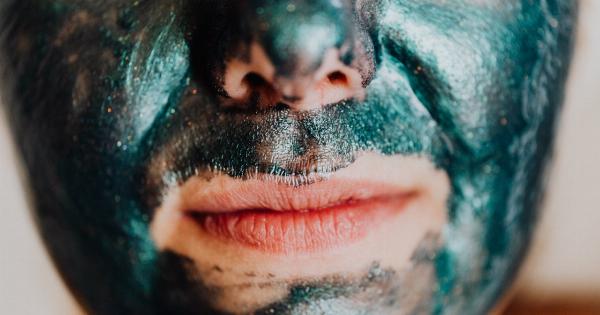Summer is a wonderful season filled with sunshine, outdoor activities and vacations. However, it can also be a time when women are at a higher risk for gynecological problems.
Here are some tips to protect your gynecological health this summer and enjoy all the season has to offer.
Stay Hydrated
Staying hydrated is important in all seasons, but it becomes even more crucial during summer. Dehydration can cause a variety of gynecological problems, such as dryness and irritation.
To ensure that you stay hydrated, drink lots of water throughout the day, even if you don’t feel thirsty. You can also consume fruits and vegetables that have high water content, such as watermelon, cucumbers, and strawberries.
Wear Loose, Breathable Clothing
The summer heat can be oppressive, making you feel uncomfortable and sweaty. Wearing tight-fitting clothing can exacerbate this sensation, especially in the genital area.
Wearing loose, breathable clothing such as cotton can help prevent the growth of bacteria that can cause infections. It can also prevent skin irritation caused by sweat buildup.
Take Precautions Against Swimming Pool Infections
Jumping into a swimming pool on a hot summer day is refreshing, but it can also expose you to bacterial infections. To protect yourself from these infections, avoid swimming in pools that are not properly maintained or have a cloudy appearance.
Shower before and after swimming, and wear a clean swimsuit every time you go in the pool. If you experience any unusual itching, burning, or discharge after swimming, consult your gynecologist.
Practice Safe Sex
As with any season, it is important to practice safe sex to prevent sexually transmitted infections (STIs). During summer, the risk of contracting an STI can increase due to more opportunities for casual sex and alcohol consumption.
Make sure to use a condom every time you have sex and get tested regularly for STIs.
Avoid Too Much Sun Exposure
While sunlight is great for your overall health, getting too much exposure can lead to skin cancer as well as gynecological problems. For example, the vulva area can become irritated and itchy due to sunburn.
To prevent these issues, always wear sunscreen and protective clothing when you go outside. Use sunscreen that is safe for sensitive skin and reapply it every two hours.
Keep Your Menstrual Products Clean and Dry
Summer activities such as swimming, biking, and outdoor concerts can make it more challenging to maintain the hygiene of your menstrual products. Make sure to change tampons and pads frequently to prevent bacterial growth and odor.
When camping or traveling, dispose of menstrual products properly in a trash bin or designated receptacle. Keep them out of direct sunlight and high humidity to prevent mold growth.
Stay Cool and Dry During Exercise
Summer is a great time to engage in outdoor exercise, but it can cause excessive sweating, which can lead to yeast infections and other gynecological problems. Always wear moisture-wicking clothing that helps to keep you dry and cool.
Take a shower and change your clothes after exercise to remove sweat and bacteria.
Pay Attention to Your Genital Health
It is important to pay attention to your genital health during summer. If you experience any unusual itching, burning, or discharge, talk to your gynecologist for guidance. Avoid using any scented products that can cause irritation or allergic reactions.
Keep your genitals clean and dry, using a mild cleanser and water only. Remember to maintain good hygiene when using communal restrooms and changing rooms.
Eat a Healthy Diet
A healthy diet can help keep your gynecological health on track during summer. Make sure to include plenty of fruits, vegetables, whole grains, and lean proteins in your diet.
These foods contain essential nutrients that can help protect against infections and inflammation. Avoid processed foods, sugar, and alcohol, which can weaken your immune system and increase the risk of infections.
Stay Relaxed and Rested
Summer can be a busy season with lots of travel and social engagements. It’s important to take time to relax and rest, as this can help you maintain good gynecological health.
Try to get at least seven to eight hours of sleep every night, and take breaks during the day to rest and recharge. Engage in stress-reducing activities, such as yoga, meditation, or deep breathing exercises.





























